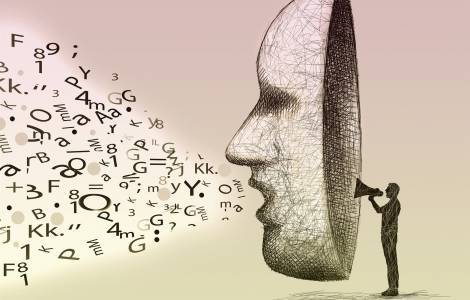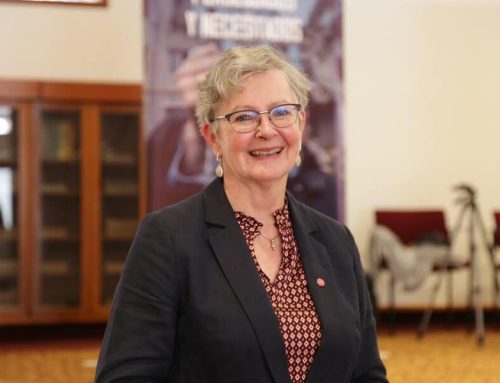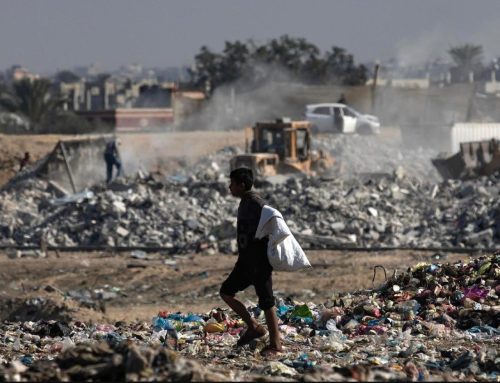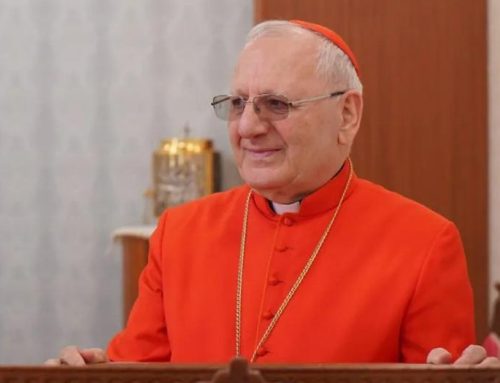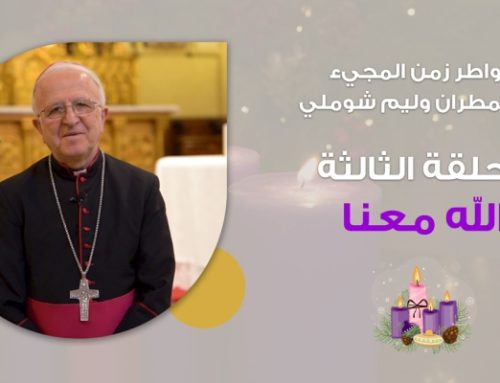Baghdad – In the age of the internet, the spread of social networks and the increase in blogs and digital platforms have disproportionately multiplied the dissemination of articles critical of the church. However, they would often be written by individuals who are unfamiliar with Christian doctrine and authentic knowledge and aim to “replace the facts with their new and controversial ideas”.
The Iraqi Cardinal Louis Raphael Sako, Patriarch of the Chaldean Church, warns again of the devastating effects of this phenomenon on the life of the Church. In a statement released by the Patriarchate’s media, he urged all Christians not to be swayed by the flood of false information about the nature and life of the Church circulating on the Internet and advised everyone to “separate the wheat from the chaff” . In his speech, the Iraqi cardinal stressed that a large part of the attacks against Chaldean communities on the Internet have come from people living outside Iraq who use freedom of access to networks to sow confusion among the people.
The many digital “commentators” who got involved in internal church controversies – according to the Patriarch – “know no mercy, not even with the Pope”, and often pursue their own interests in power. One does not shy away from equating the church with “a political party or a military dictatorship”. For some time now, some churches in the East – including the Coptic Orthodox Church – have been critical of those who are enthusiastic about the importance of digital networks and the new means of communication on church dynamism.
A little more than a year ago, the Coptic Orthodox Patriarch Tawadros II affirmed in a speech to members of the Egyptian Rotary Club (see Fides, 16/11/2020), that “it is certainly not social media that the men and women of can open the gates to paradise today”. He added that digital communications networks are “a double-edged sword” that can be used correctly or incorrectly like a “knife” and that they have destructive potential that harms individuals and tears apart the ecclesiastical and social fabric.
Source: Agenzia Fides

